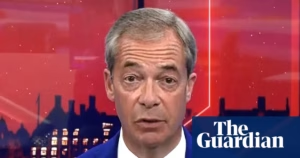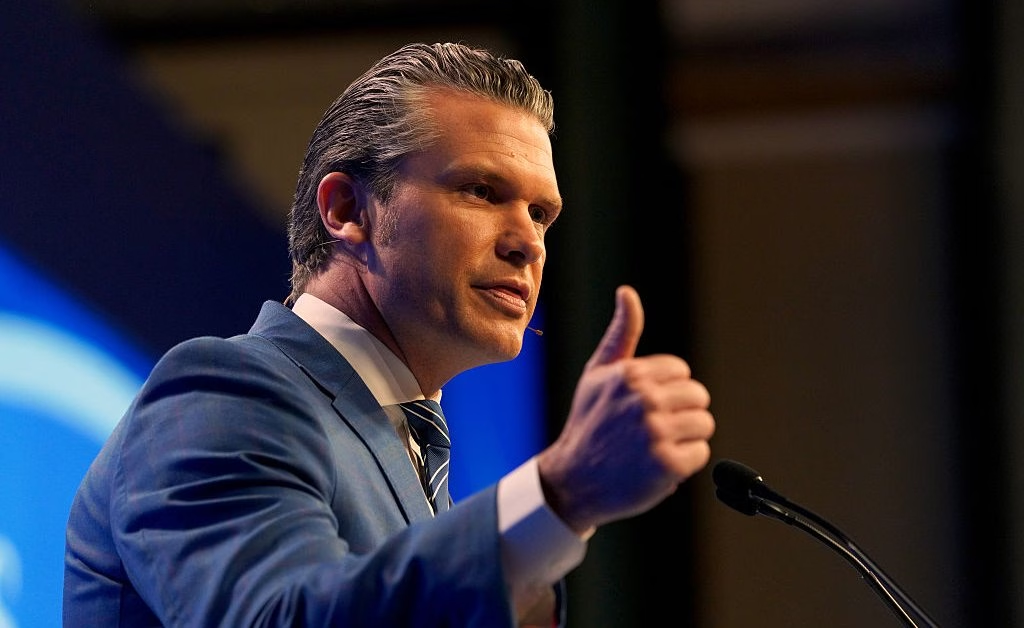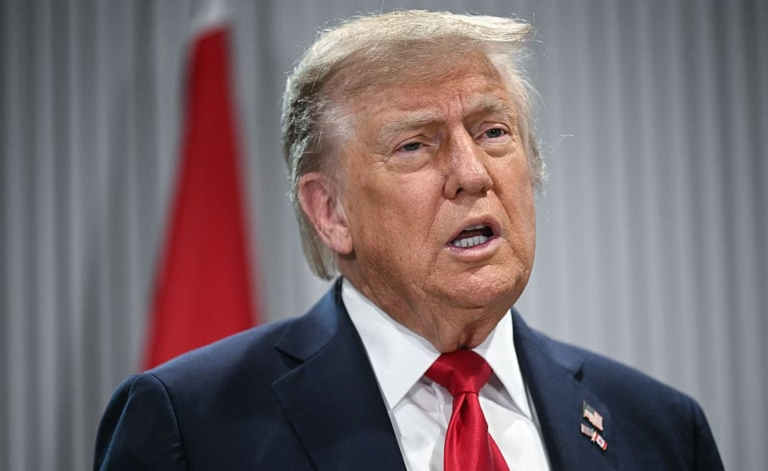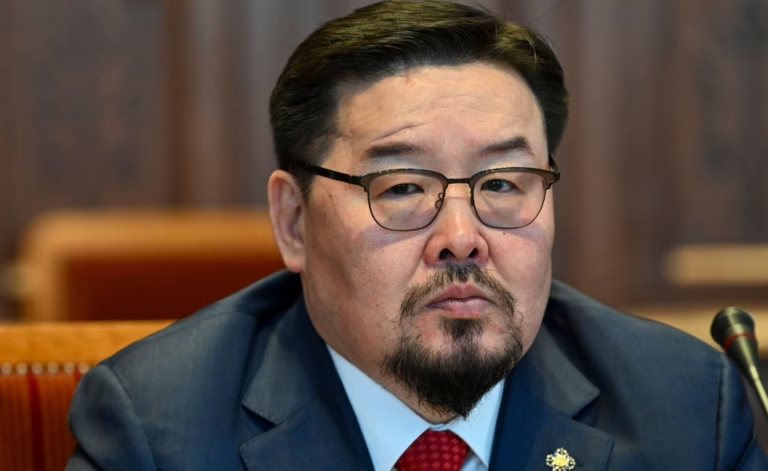Against the background of U.S. Vice-President J.D. Vance’s scathing critique of European democracies during the February Munich Security Conference, Defense Secretary Pete Hegseth’s speech at the IISS Shangri-La Dialogue in Singapore was a refreshing return to reason, even if not exactly to sanity. Hegseth delivered a powerful yet restrained speech, where he explicitly denounced “Communist China” for its “massive military expansion, … grey zone tactics, and hybrid warfare,” while also praising the strength and importance of America’s regional alliances and repeatedly using the term “peace.”
Hegseth stated, “President Trump is a leader for peace, a man of peace, a force for peace,” to the assembled defense and military leaders from the Asia-Pacific region. “Together, we will achieve that peace through strength,” he declared. Hegseth consistently emphasized the Indo-Pacific region as a top priority and, unlike Vance, commended European nations for their increased defense spending as an example for Asian nations to follow. Micael Johansson, the president and CEO of Swedish arms manufacturer Saab, was surprised but pleased by this reference to Europe regarding defense spending.
According to Hegseth, American defense policy now entails that the security of Europe would be managed by Europeans themselves, with the U.S. focusing its enhanced military capability—boosted by a $1 trillion defense budget for the next year, marking a 13% increase year-over-year—onto the Indo-Pacific region. This focus includes increasing America’s forward force deployment, helping allies and partners strengthen their defense capabilities, and supporting the expansion of the defense industrial base within friendly nations.
Hegseth also delivered several strong statements against China, claiming that President Xi Jinping had ordered the military to be capable of invading Taiwan by 2027. This provoked a stern response from Beijing, which accused Hegseth of making “defamatory allegations” aimed at sowing discord.
The absence of China’s defense minister at the annual security summit for the first time since 2019 was notable, owing to rumors of a corruption investigation.
Nonetheless, the Chinese delegation present at the event dismissed Hegseth’s accusations, criticizing his tone as aggressive and hypocritical, especially considering the U.S.’s tariff policies against regional countries. The speech highlighted the underlying issue of Trump’s global trade policies and raised questions about the reliability of U.S. commitments under his administration.
Source: https://time.com/7290340/hegseth-shangri-la-dialogue-speech-indo-pacific-china-trump-mistrust/






